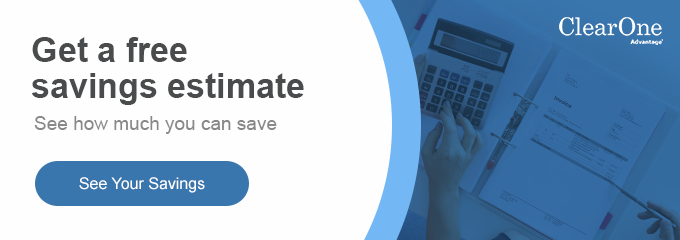
If you are one of the millions of people who start each New Year with some new resolutions, this may be the perfect year to make some specific to your financial health.
Admittedly, 2020 was a rough year financially for many Americans, as a global pandemic forced many into unemployment, sent others home to work remotely, and generally wreaked havoc with the way we live and work. For some, credit card debt crept upward as medical bills, childcare expenses, and other unexpected expenses interfered with carefully built financial plans.
The good news is that improving your financial health is an achievable goal for this year. Good money management habits are just a few steps away if you take a solid, common-sense approach and set some reasonable goals.
First, calculate your net worth. It will provide you with a starting point for your new goals and offer you a relevant snapshot of your relative financial health. Once you know where you stand, then you can make some goals that make sense for your situation.
Here are some achievable money management goals for just about anywhere you find yourself on the financial spectrum:
Stick to a Budget
You should always know where your money is going. You cannot exercise financial discipline without this essential information.
Write down all your expenses. The physical act of creating a tangible record of your spending allows you to become more aware of what you are doing with your money. There is no better way of gaining control of your finances than planning for every buck and then sticking to your budget.
Budgeting gives you an idea about where you can cut expenses and how you may be able to increase your income. It will also help you set realistic, achievable financial goals. Accomplishing these goals will then motivate you to set more ambitious targets and begin building wealth.
Stop Using Credit Cards
The beginnings of wealth-building reside in the willingness to address the debt trap.
Your first move should be to stop adding debt. Once you are in a hole, it makes sense to stop digging before plotting a way to climb out.
To stop adding debt, you have to learn how to stop using credit cards the way you have been using them. That means that you do not cover emergencies with credit and do not acquire goods you do not need. You pay off your balances so you do not pay interest.
Pay Off Your Credit Card Debt
Money management skills start with debt management. Set it as your goal to get rid of a specific amount of debt in 2021. It would be ideal to eliminate your credit card debt entirely, but you must make sure that your financial goals are attainable.
You should be aware that you can request credit card help from a variety of sources. Debt settlement, credit counseling, and debt consolidation are all options. Study them and find out if they suit your needs. Contact a ClearOne Certified Debt Specialist at 866-481-1597 to learn more about your options and whether you can accomplish more debt relief-wise than you think you can.
Set up a detailed debt repayment plan, taking into account your earnings, your ability to save, as well as any credit card help options available to you.
It also makes sense to make extra principal payments to your mortgage every month if you can. This way, you earn a return on that money equal to the interest you would’ve had to pay on it. This interest rate is far more generous than the interest you might earn on a savings account.
Improve Your Credit Score
By paying down your credit cards and keeping them active, you can improve your credit utilization ratio, a component of your credit score. Having a good credit score opens new financial opportunities to you, thus boosting your financial situation.
Do not hesitate to review your credit report whenever possible. You should get three opportunities to do so for free, every year. Identify problem areas and work toward sorting them out.
Save for Retirement
Your employer may offer a 401(k). If you do not qualify for it, contribute to a traditional or Roth IRA.
As a general rule, try contributing 15 percent of your income to a retirement account. Only contribute less if you are working on paying off your debts.
Make 2021 the Year to Improve Your Money Management Skills
By setting these worthwhile goals and sticking to them throughout the year, you will find yourself in much better financial circumstances at the end of 2021 than you were on January 1. If you would like some help this year to handle credit card debt that has gotten out of control, don't wait another day to get started. ClearOne Advantage Certified Debt Specialists can help you explore your debt relief options and find a plan that works for you. Get a free savings estimate today. 
Learn more:
- Gain Your Freedom from Debt in 2021
- 8 Ways to Avoid Common Spending Traps
- Credit Card Debt: How Much Is Too Much?
- How Much Money Can You Save with Debt Settlement?




